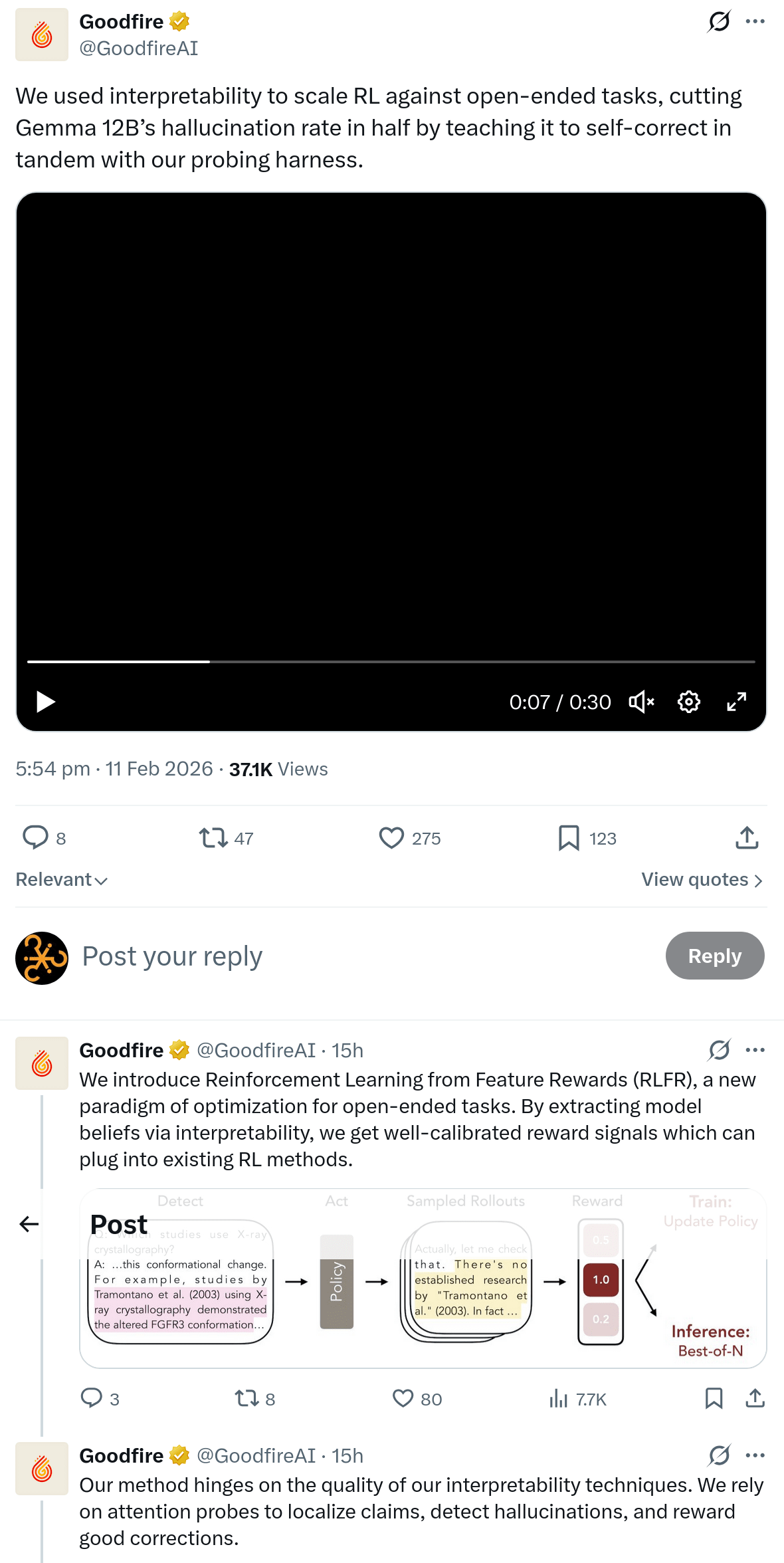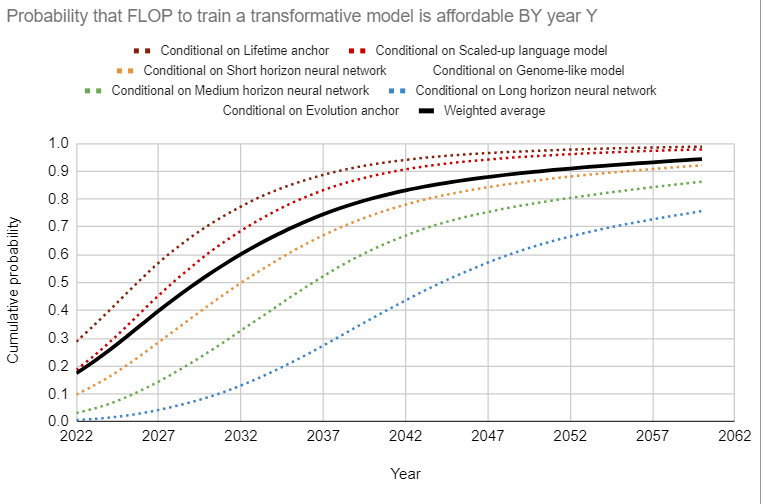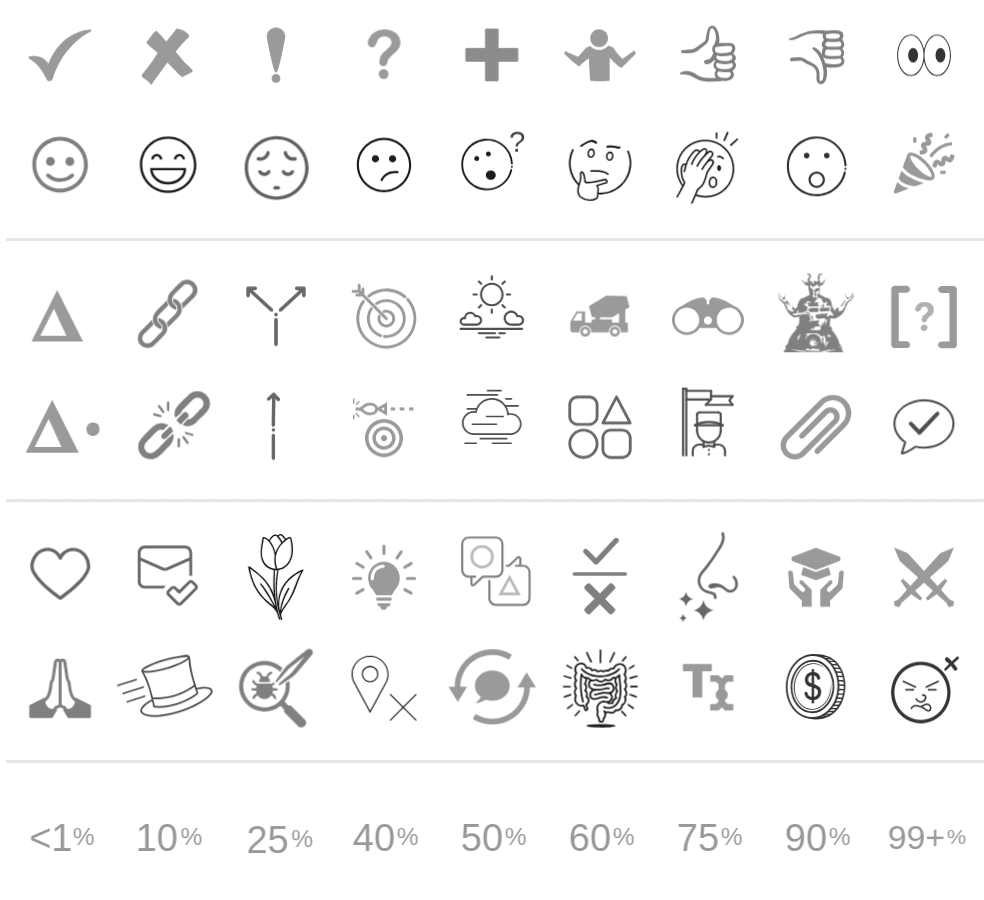Stop Applying And Get To Work
TL;DR: Figure out what needs doing and do it, don't wait on approval from fellowships or jobs. If you... * Have short timelines * Have been struggling to get into a position in AI safety * Are able to self-motivate your efforts * Have a sufficient financial safety net ... I would recommend changing your personal strategy entirely. I started my full-time AI safety career transitioning process in March 2025. For the first 7 months or so, I heavily prioritized applying for jobs and fellowships. But like for many others trying to "break into the field" and get their "foot in the door", this became quite discouraging. I'm not gonna get into the numbers here, but if you've been applying and getting rejected multiple times during the past year or so, you've probably noticed the number of applicants increasing at a preposterous rate. What this means in practice is that the "entry-level" positions are practically impossible for "entry-level" people to enter. If you're like me and have short timelines, applying, getting better at applying, and applying again, becomes meaningless very fast. You're optimizing for signaling competence rather than actually being competent. Because if you a) have short timelines, and b) are honest with yourself, you would come to the conclusion that immediate, direct action and effect is a priority. If you identify as an impostor... ..applying for things can be especially nerve-wrecking. To me, this seems to be because I'm incentivized to optimize for how I'm going to be perceived. I've found the best antidote for my own impostor-y feelings to be this: Focus on being useful and having direct impact, instead of signaling the ability to (maybe one day) have direct impact. I find it quite comforting that I don't need to be in the spotlight, but instead get to have an influence from the sidelines. I don't need to think about "how does this look" - just "could this work" or "is this helpful". And so I started looking for ways in which






It doesn't persist on FF. The switch to Feed does, but not the settings.